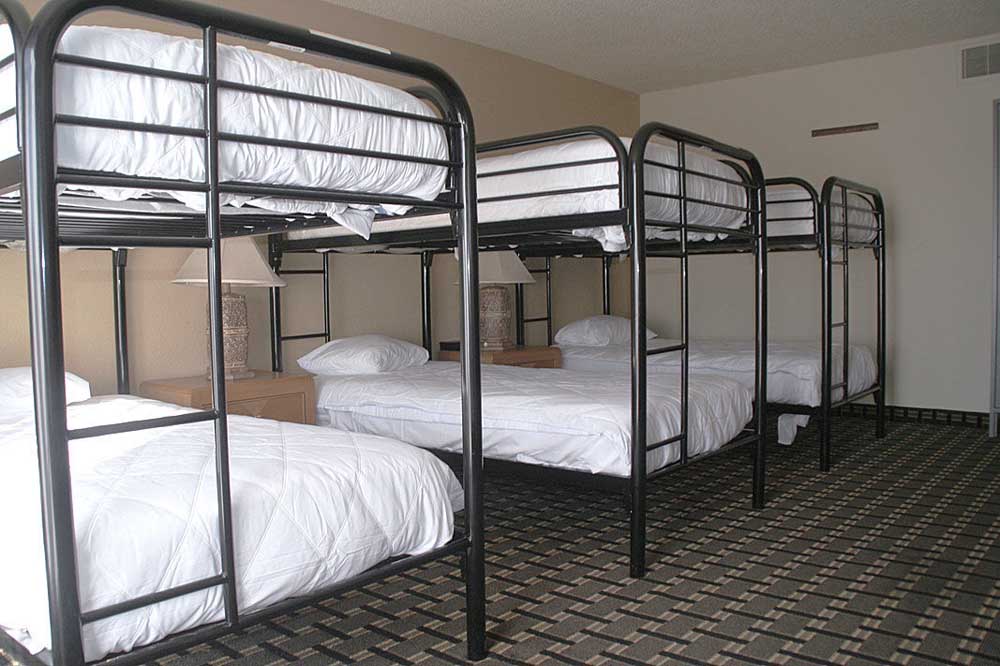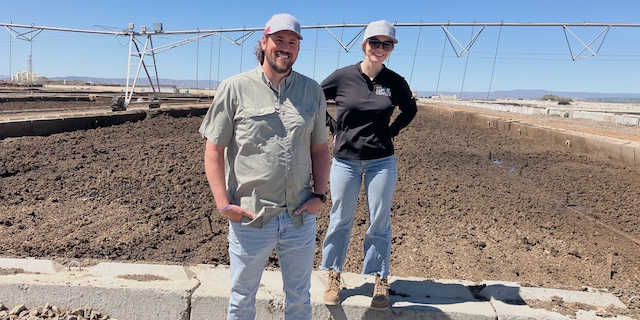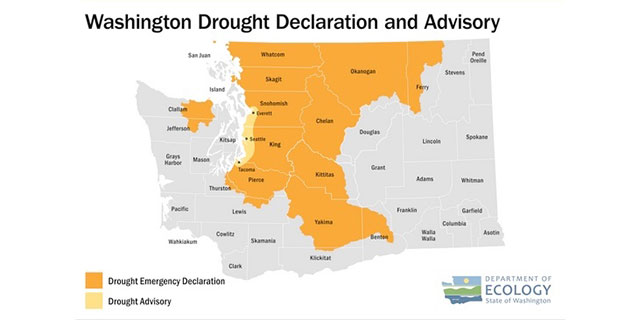Oregon Farm Bureau petitions for changes to state COVID-19 labor housing rules
Published 10:06 am Wednesday, January 6, 2021

- The use of bunk beds is among the controversies in Oregon's regulations for farmworker housing. The debate over stricter housing standards and enforcement has raised worries about an anti-farm bias among state agencies.
SALEM — The Oregon Farm Bureau is asking state regulators to amend emergency COVID-19 protections for migrant and seasonal farmworkers living in agricultural labor camps, arguing the rule as currently written contains serious flaws.
In a petition submitted Jan. 4 to the Oregon Occupational Safety and Health Administration, the Farm Bureau says a significant number of farmworkers are being displaced by reducing housing capacity — which, ironically, potentially increases their exposure to the coronavirus.
“Inexplicably, Oregon OSHA’s rules … all but ensure that most agricultural occupants will not be able to live on-farm in safe shelter, and instead pushes them to entirely unregulated environments,” the petition states. “Specifically, the prohibition on bunk beds, bed spacing requirements and need for isolation units has drastically reduced the number of employees who can be housed on-farm.”
Samantha Bayer, policy counsel for the Farm Bureau, said the group is asking for Oregon OSHA to adopt amendments that would allow bunk beds; scale back “arbitrary” sanitation requirements; and establish a contingency plan for COVID-19 outbreaks.
“Because our concerns with the current rules have continually fallen upon deaf ears, filing a formal petition is the only way to ensure that agricultural housing providers will have a seat at the table when determining how best to manage their housing and protect their employees during COVID-19,” Bayer said.
Aaron Corvin, a spokesman for Oregon OSHA, said the agency is reviewing the petition.
Oregon OSHA initially adopted temporary housing and field sanitation rules in June 2020, based on a petition from the Oregon Law Center and Virginia Garcia Memorial Health Center, advocating on behalf of farmworkers.
Gov. Kate Brown issued an executive order one day before the rules were set to expire on Oct. 24, extending the housing requirements through at least April 30.
The rule stipulates that beds must be spaced at least 6 feet apart or separated by an impermeable barrier, such as Plexiglass or heavy plastic sheets. Unrelated workers cannot share bunk beds, and those who test positive for COVID-19 must be isolated in their own separate facilities.
Violators may be subject to a Class C misdemeanor, according to Brown’s executive order.
But Bayer said the measures come with a trade-off.
“Yes, you’ve reduced your on-farm capacity and density, but you’ve pushed farmworkers to unregulated living situations where their exposure to COVID-19 is potentially greater,” she said. “Housing capacity and creating more opportunities for safe shelter is one of the biggest deficiencies (in the rule).”
Farms have reported their housing capacity has been cut by as much as 50% in some cases, Bayer said, while others simply opted not to open their labor camps and eschewed hiring their usual migrant workers.
The Farm Bureau’s petition notably calls for bringing back bunk beds, and though it would maintain the distance between beds at 6 feet, that would be measured from the center point of each mattress.
Current rules also call for sanitizing high-touch surface areas at least twice per day, and portable toilets at least three times per day. That is not only expensive, Bayer said, but requires farm operators to be in greater contact with workers, potentially increasing their exposure.
The petition, instead, calls for high-touch surfaces and common areas to be cleaned every 48 hours. Workers would be encouraged to clean and sanitize their personal spaces — including bed frames, nightstands, storage spaces and lockers — as much as possible.
“We just don’t feel that robbing employees of their autonomy, and ability to clean their own spaces … is an appropriate response to COVID-19,” Bayer said.
Finally, the petition includes language for signage, masks, building ventilation and what to do if a worker tests positive. As proposed, the amended rules would come into effect immediately and would sunset at the end of COVID-19 emergency orders.
“We hope this petition shows the state and the public what we already know to be true — Oregon’s farm and ranch families will walk the walk when it comes to protecting the well-being of those who work and live on the farm,” Bayer said.






